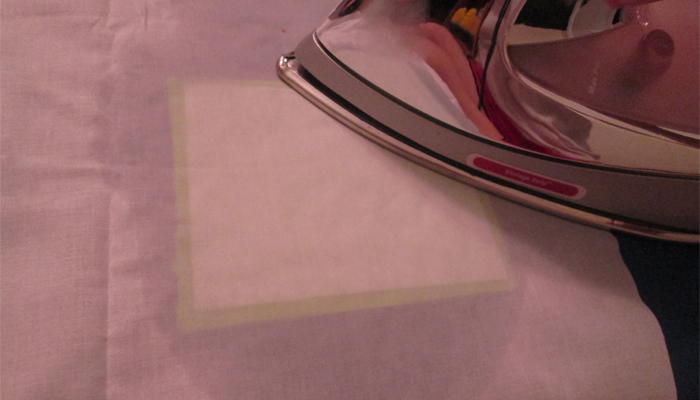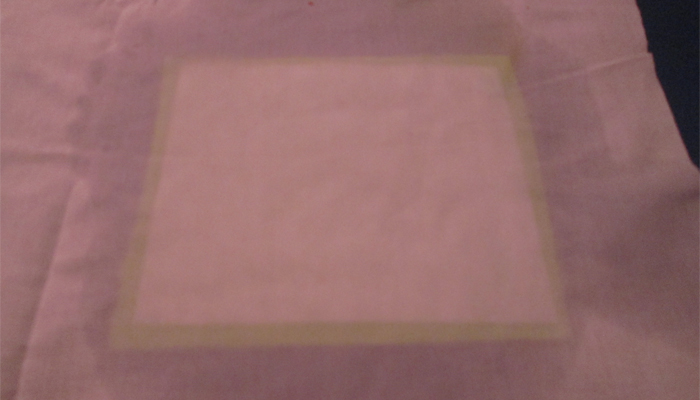A variety of industrial filtering procedures make use of press cloth, which is also called filter press cloth or filtration cloth. Because of its distinctive characteristics.
What is a Press Cloth
One way to remove contaminants from gaseous or liquid substances is to use a press cloth, which is a porous fabric. Its distinctive weave pattern, which incorporates cotton, polyester, and nylon among other materials.
Produces a matrix of microscopic pores that permit the passage of liquids while trapping solid particles. Press cloths are versatile because they are available in a wide range of weights, thicknesses, and weave patterns.

Different Press Cloths
Press cloths come in a variety of styles, each intended for a particular task. Among the most prevalent varieties, you might find:
Press cloths constructed from a mixture of warp and weft yarns are the most typical kind. They come in a variety of weave patterns, including satin, twill, and plain weave.
Non-woven press cloths: A unique method bonds together synthetic and natural fibers to create them. They find frequent use in mission-critical settings because to their excellent filtering efficiency.
Press cloths constructed of mesh material have a larger surface area than their traditional counterparts. When very high flow rates are necessary, they are frequently employed.
To separate particles from liquids, filter presses are utilized in many different industries. These cloths are specifically made for use in these presses. Sizes and thicknesses vary, and their characteristics can be altered to meet the needs of different uses.
The Third Hypothesis: Press Cloths’ Uses
Press cloths are used in many different fields, such as:
Press cloths are commonly employed in the food and beverage sector for the purpose of removing contaminants from various liquids, including water, juice, and oil.
The chemical processing industry makes use of press cloths to isolate acids and bases from solid particles in liquid chemical solutions.
The pharmaceutical industry makes use of press cloths to remove contaminants from pharmaceuticals and other similar products.
The water treatment business makes use of press cloths to remove silt, bacteria, and viruses, among other contaminants, from the water supply.
The oil and gas sector uses press cloths to remove water and sediment, among other contaminants, from crude oil and natural gas.

Conclusion
Lastly, press cloths play a crucial role in a number of industrial filtration procedures. There is a vast array of types and uses for them. Their one-of-a-kind characteristics make them a top pick for gas or liquid particle separation.
Press cloths are an indispensable tool for any industry that relies on product purity and quality, including food and beverage, chemical processing, pharmaceuticals, water treatment, and oil and gas.